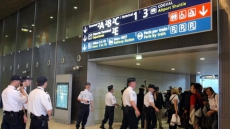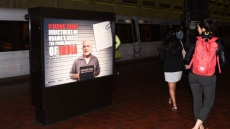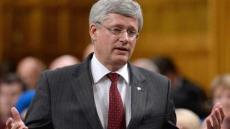Researchers used Twitter as an instrument to measure public sentiment, in ways an opinion poll cannot, and revealed that millions of Arabic language tweets confirm high levels of anti-Americanism in the Middle East.
"No matter which side of the domestic dispute an individual was on, he or she was likely to be opposed to the United States," said the study that provides new and interesting information about attitudes in the Middle East towards particular US actions.
"Rather than an enemy of an enemy being a friend, the US is consistently cast as an enemy," researchers wrote.
"The findings also highlight policy challenges - and opportunities - for the US in the Middle East," said Amaney Jamal, a professor of politics at Princeton University who conducted the research with colleagues at Princeton and Harvard University in the US.
The researchers used a tool created by Boston-based social media analytics firm Crimson Hexagon to examine Arabic reaction on Twitter to major events in 2012 and 2013.
These events included Hurricane Sandy striking the United States, the possible US intervention in the Syrian civil war, the Boston Marathon bombing and the removal of Egyptian President Mohamed Morsi.
The analytics tool identified and categorised more than 2.2 million Arabic tweets around the time of the overthrow of Morsi in 2013 that mentioned the United States.
Just three percent of the tweets were categorised as pro-American. About 23 percent were categorised as neutral, but the rest were critical of the United States.
Similarly, in analysing tweets regarding the Syrian civil war, "Ninety seven percent of tweeters who expressed political views were antagonistic toward the United States, despite the fact that the United States opposed the Assad regime, which was also opposed by many Arab tweeters," researchers said.
In contrast, an examination of tweets in reaction to Hurricane Sandy striking the U.S. found that nearly 30 percent of Arabic tweets expressed concern about the US people.
"It is not true that these people just hate the United States," co-researcher Robert Keohane, a professor of public and international affairs at Princeton explained.
"But there is a very deep dislike of American intervention and an unwillingness to give the US credit even when it is on their side," Keohane noted.
"I think it is going to be a very long road for the US, and the US should not expect to get a huge amount of public support from the Arab world," he pointed out.
The study was presented at the annual meeting of the American Political Science Association in August.





